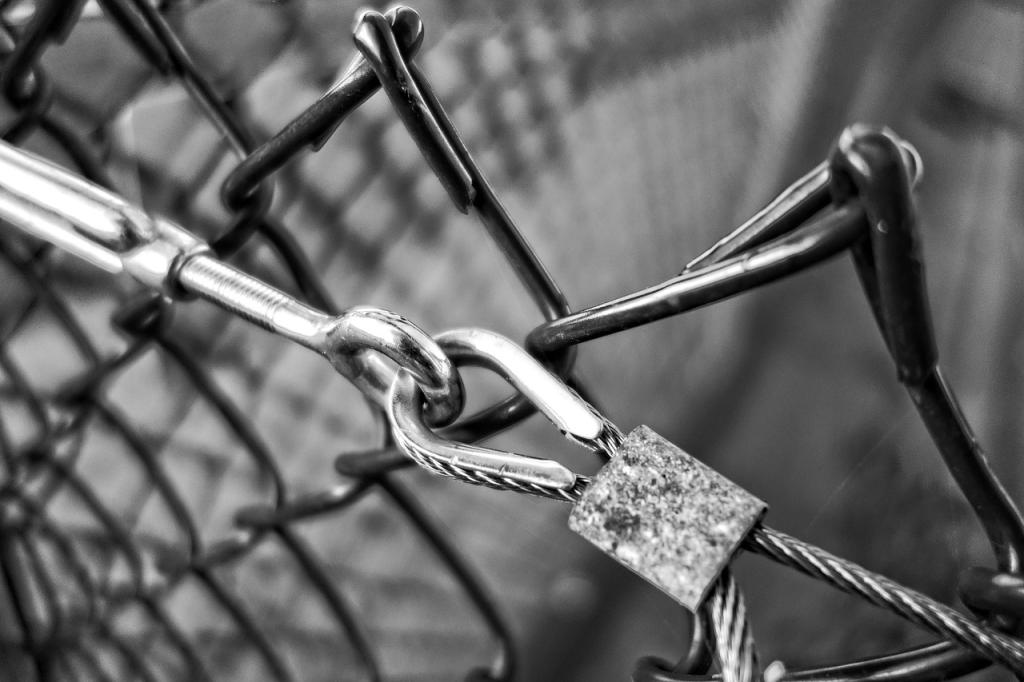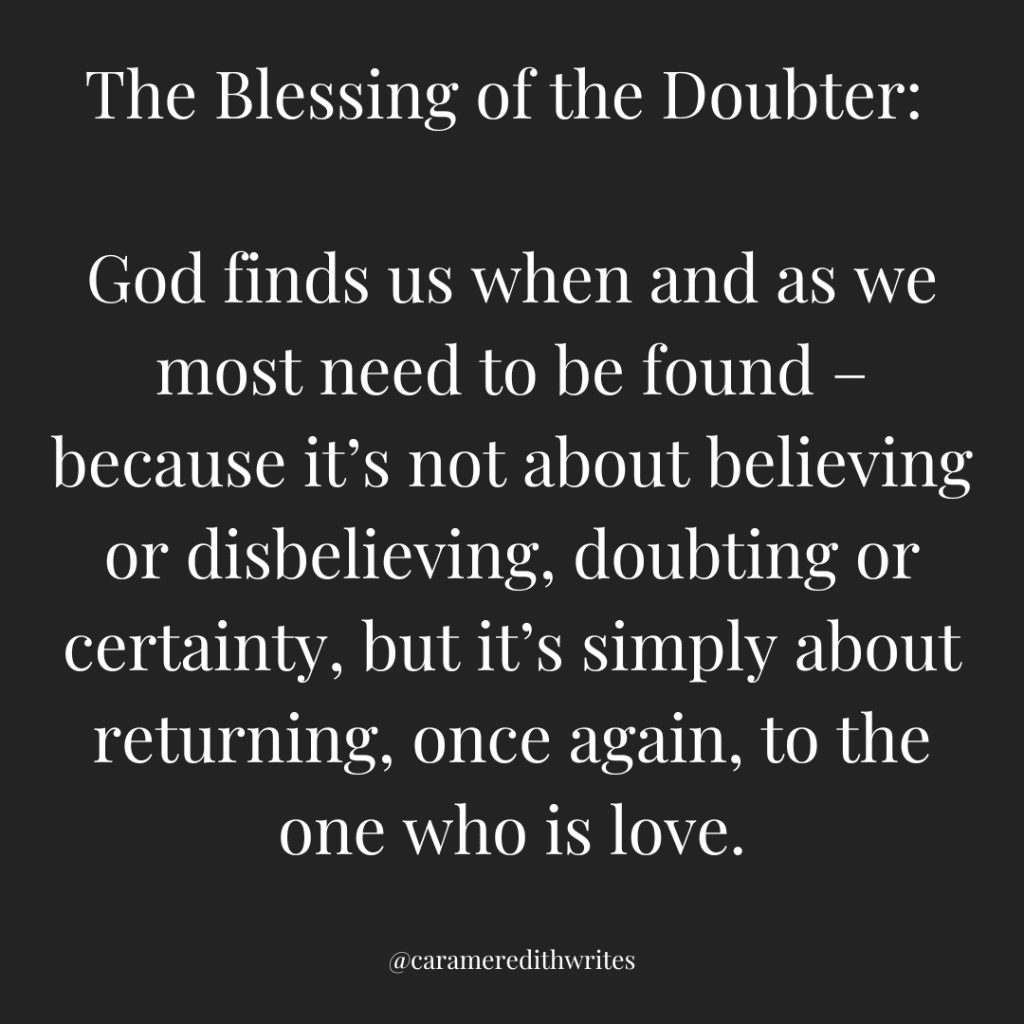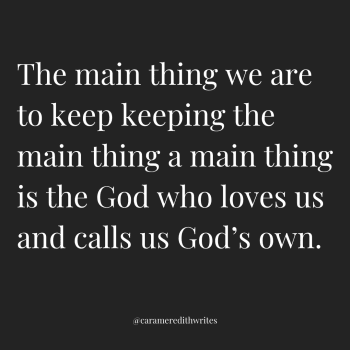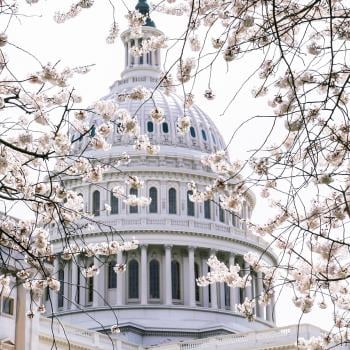As I was reading a parenting book this last week, a statement about a particular kind of theory caught my attention. The authors were talking about attachment theory, you see, a theory that is a “psychological explanation for the emotional bonds and relationships between people.”
As it goes within the realm of parenting, children often need to employ all of their senses in order to reestablish relationships with their parent or parents. They need to touch, taste, see, hear, and feel. Whether they’ve been away for an hour, a day, a week, or more, children rebuild emotional, relational bridges with their parents through their senses.

I don’t think it was any different for a man named Thomas, a man who had walked closely alongside Jesus but needed a little extra boost in order to reattach himself to Jesus. Later named “The Doubter,” Thomas often gets a bad rap when it comes to conversations in the Church.
Don’t be like Thomas: just believe! For some of us who grew up in the church, and particularly, I might add, within evangelical branches of the church, there were certain figures in the Bible we were supposed to be like. Paul, totally. Peter, sometimes. Jesus, always the right answer.
But there were also figures we weren’t supposed to be like at all. Thomas, of course, was one of them. With the adjective “doubting” tacked onto the front, becoming a Doubting Thomas was one of the worst things you could do.
Within this scenario, to doubt is bad. You either believed or you didn’t believe – but there was also only one right answer, which was to believe. In this world, faith cozies up in a land of black and white, dualistic thinking. Believing is equated with good; not believing is equated with bad.
In an either/or environment like this, there’s no room for Thomas – or for future Thomases among us, for that matter – not to believe, let alone to express doubt. Here, doubt lives outside the bounds of goodness, which is to say God’s goodness, which is to say God.
There’s more to be said, for sure. When it comes to looking at this interaction between the risen Christ and Thomas, though, this much is true: Jesus comes in the darkness and we don’t always recognize him.

He looks different from how we thought he would look. He pushes back against all of my Very Good Ideas. He doesn’t appear to me in the same way, at the same time that he appeared to the other ten, and this doesn’t always feel right or fair. But when “he comes, he calls my name, and in that instant, I recognize both myself and him.”
I am made whole. Because as author Micha Boyett says in Blessed Are the Rest of Us:
In this world where systems of oppression sell us lies about our own value, about what it means to be human, God continues to point us toward ultimate truth, the truth Jesus calls God’s kingdom. This ultimate truth is our invitation to live lives of meaning, joy, and participation in the restoration of all things. It’s an invitation to allow the inclusive love of God to be the center of our orbits, drawing us in, keeping us in rotation around what’s most true, so that we can reform our distorted vision of power grabbing, our propensity for both internal and external habits of abuse, and our inclination to look past those who wield the least amount of power in this world.
This wholeness, as it goes, becomes our both our invitation and our compass.
The inclusive love of God becomes the center of our orbits, “drawing us in [and] keeping us in rotation around what’s most true,” so that we can find God and more importantly, be found by God once again.
For this is the blessing of the doubter. God finds us when and as we most need to be found – because it’s not about believing or disbelieving, doubting or certainty, but it’s simply about returning, once again, to the one who is love.
And I don’t know about you, but that’s a path I can take.
—
This is an excerpt from a sermon given on April 4, 2024 to the good people of Haven Berkeley. If you liked this post, I think you might also like, “What Can We Do To Bring Some Hope to a Dark World?” Check it out!













